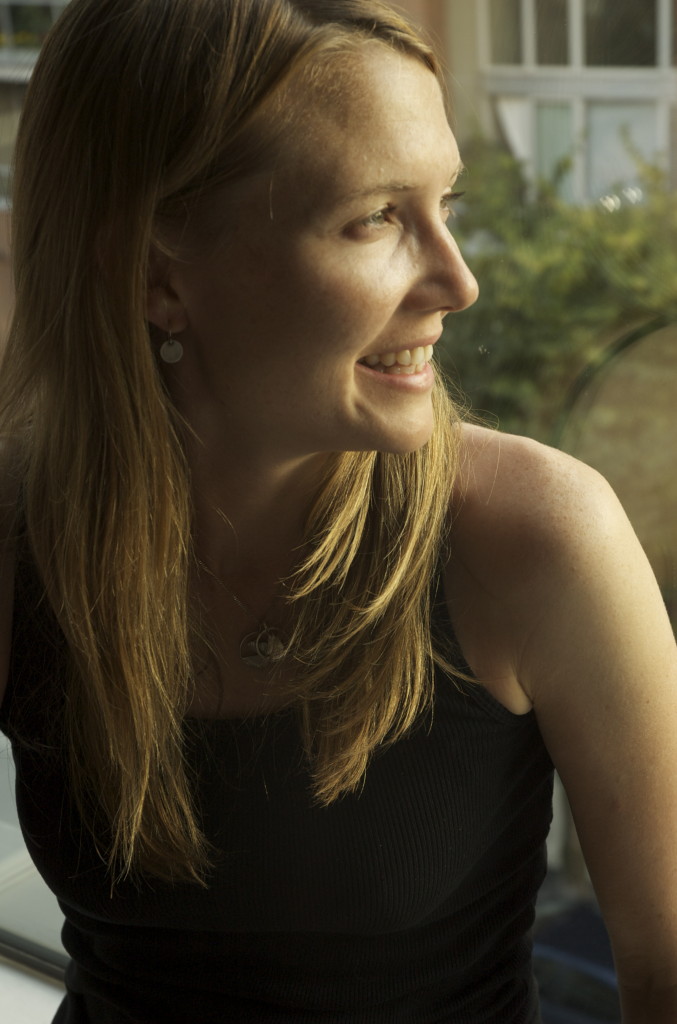The 5-Minute Freelancer Q&A #19 — Joanne Will
In this regular feature, Story Board asks Canadian writers to share a few details about their work habits and their strategies for navigating the ups and downs of freelance life.
 Joanne Will is a Toronto-based writer who has written for publications such as the Globe and Mail and The Tyee about everything from food history, to music, to literature, to cars and driving.
Joanne Will is a Toronto-based writer who has written for publications such as the Globe and Mail and The Tyee about everything from food history, to music, to literature, to cars and driving.
She took the time to speak with Story Board this week about specializing, professional development and the benefits of spending time out in nature.
Do you think it’s better for a freelance writer to be a specialist or a generalist?
Setting out in the area you ultimately want to be working in is the way to build a satisfying career, and become someone editors will turn to when they’re looking for a subject matter expert. It goes against what you’re taught in journalism school; they tell you to be a generalist, take any gig you can. That’s fine if you don’t know what you want to do. But if you have a burning desire to cover, for example, nature and the environment, do that from the outset. It will take time, you have to build your reputation. You’ll most likely need another job to support yourself for a while. But if you keep at it, opportunities to do what you’re passionate about will find you, and you’ll find them. British author and journalist George Monbiot has done an excellent job of addressing this in the “Career Advice” section of his website, at Monbiot.com. I advise anyone starting out – or struggling with their current position – to read it.
What’s the most important thing you’ve done over the years for professional development?
Continued learning, long past J-school. For me this has included things such as – I lived in the UK for a spell – enrolling in masterclasses at The Guardian. They have an incredible range of short courses, from science, opinion and nature writing, to video journalism and anything else you can imagine. You may think because you’re a professional writer, paid to be a journalist, that you already have everything you need in your toolbox. But you don’t. You have to evolve and grow. And refresh. Last year, I won the journalism lottery and had the opportunity to do a Knight-Wallace Journalism Fellowship at the University of Michigan, which is an incredible public research institution. There were 17 of us, American and international journalists. We attended writing and broadcast seminars, traveled together and were free to explore any course work we wished. It was an incredible, life-altering experience. A mid-career sabbatical which serves to reignite a spark and the belief that all things – especially your journalistic dreams – are possible.
What’s your approach to your online presence?
I’m not active on social media, and it’s hard to shake the feeling that I ought to be. I do have a Twitter account. I’ve made one tweet, actually a retweet, and that was a couple of years ago. I’d like to say that not being active on Twitter means I’m more focused on my life and work. But I do spend time following and reading the tweets of others who are adept at curating and re-broadcasting interesting things.
What’s your strategy for generating story ideas?
There’s no better way to generate story ideas than living a full, balanced life. This includes talking to people – friends, family, colleagues and strangers. And reading, and researching the things that spark your curiosity. Staying curious is the way to be receptive, and recognize good ideas when they come along. More than anything, ideas come when I’m out in the woods. We’re all bombarded, daily, with loads of information, whether we want it or not. Quiet time out running or walking in nature is a chance to process things and filter out the noise, and for me that’s often where ideas or the germs of ideas begin to grow.
How do you know when you’ve come up with a good story idea?
You can feel a good idea in your bones. Running something past friends, family or peers can be, and often is, helpful. But ultimately it’s an inner compass, which has been calibrated over years of work and practice and deadlines.
• Joanne Will lives in Toronto. She was a Knight-Wallace Journalism Fellow at the University of Michigan in 2014. She’s been freelancing for a decade, and has written a column for The Globe and Mail since 2009. One of her favourite assignments was harvesting wapato with her bare feet in an icy river for The Tyee’s Eat Your History series. You can contact her at jlwill@shaw.ca



